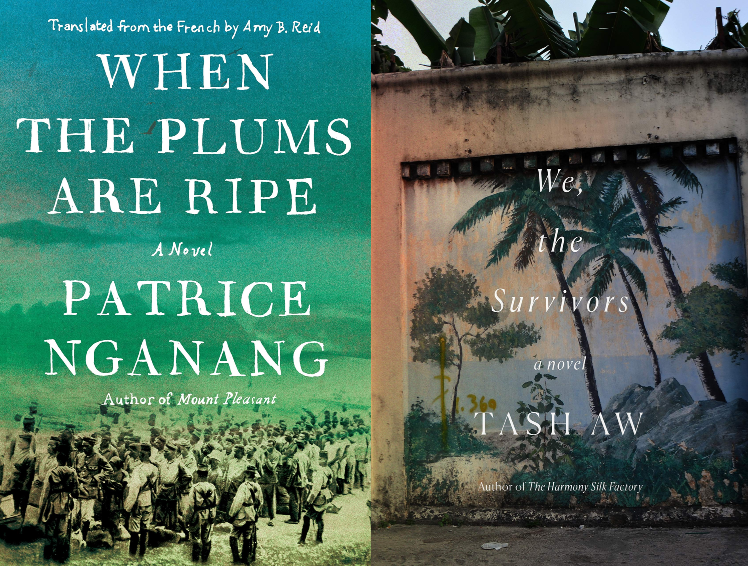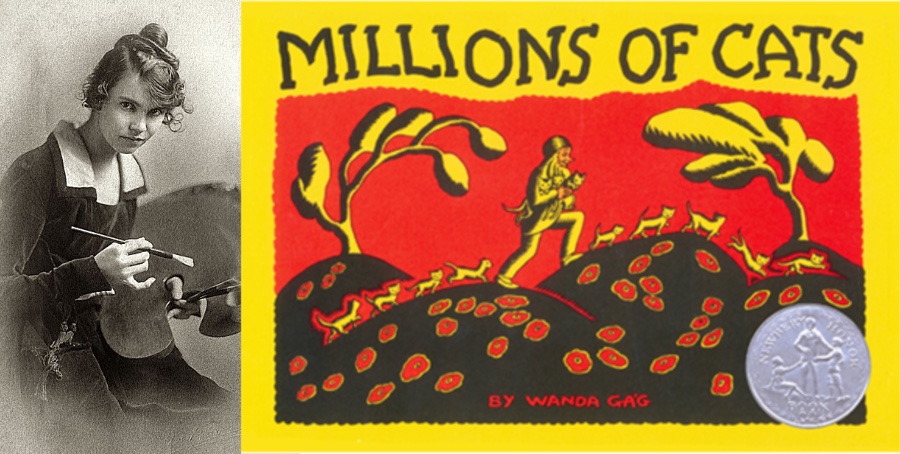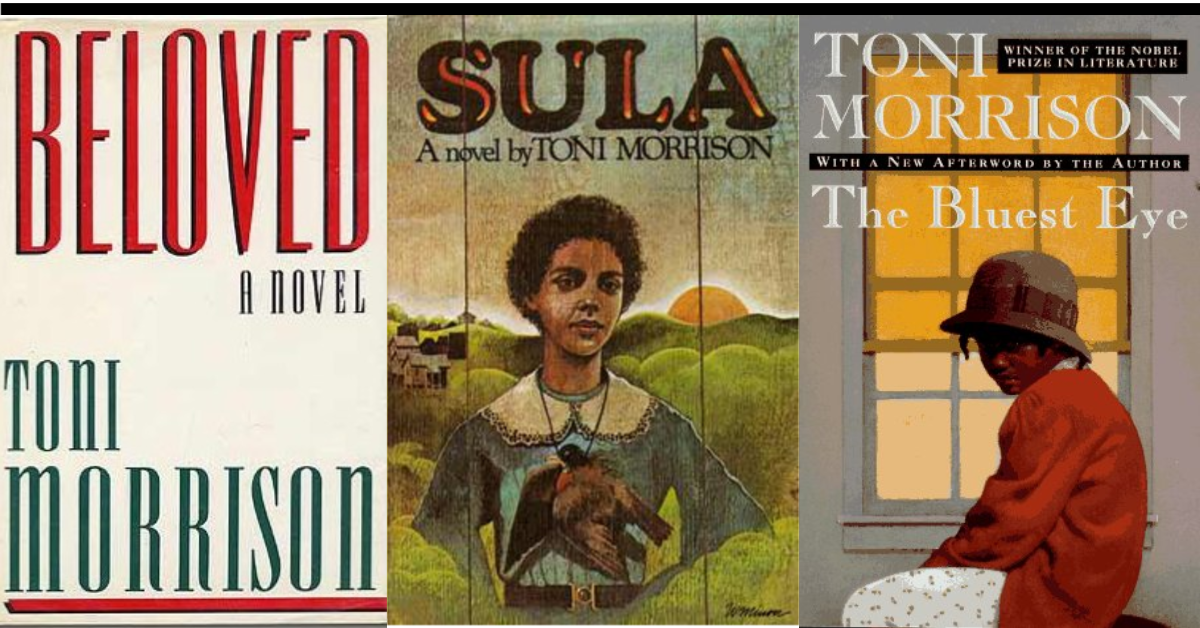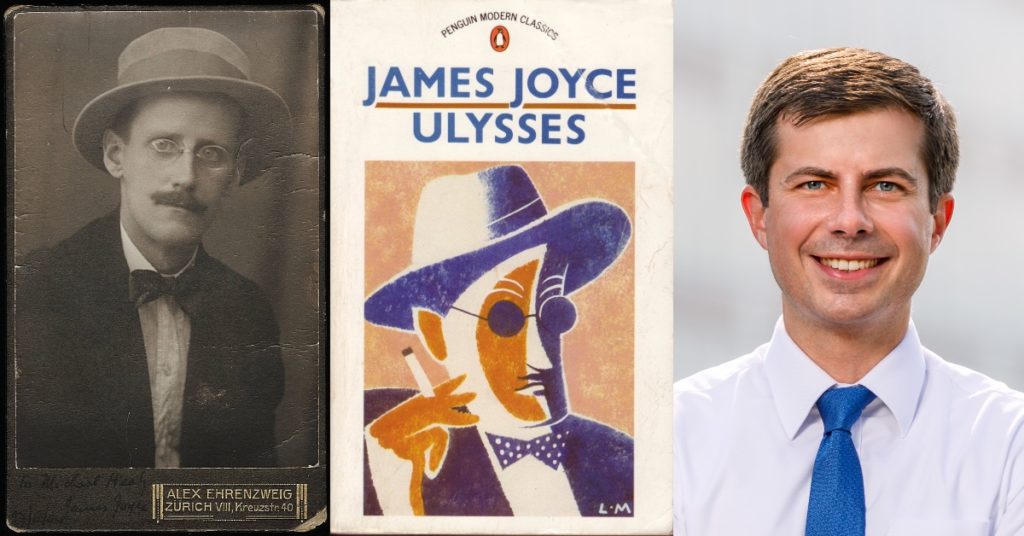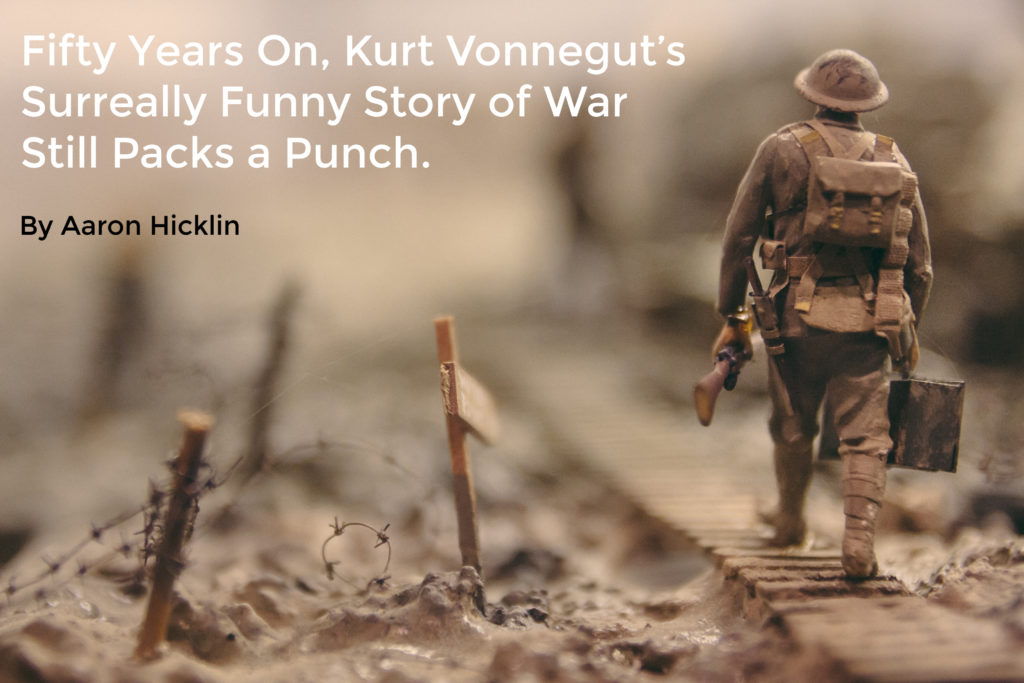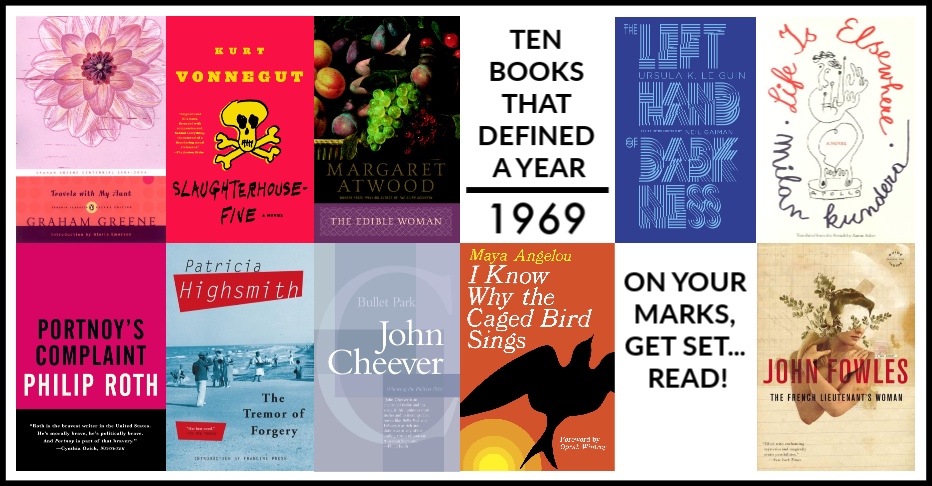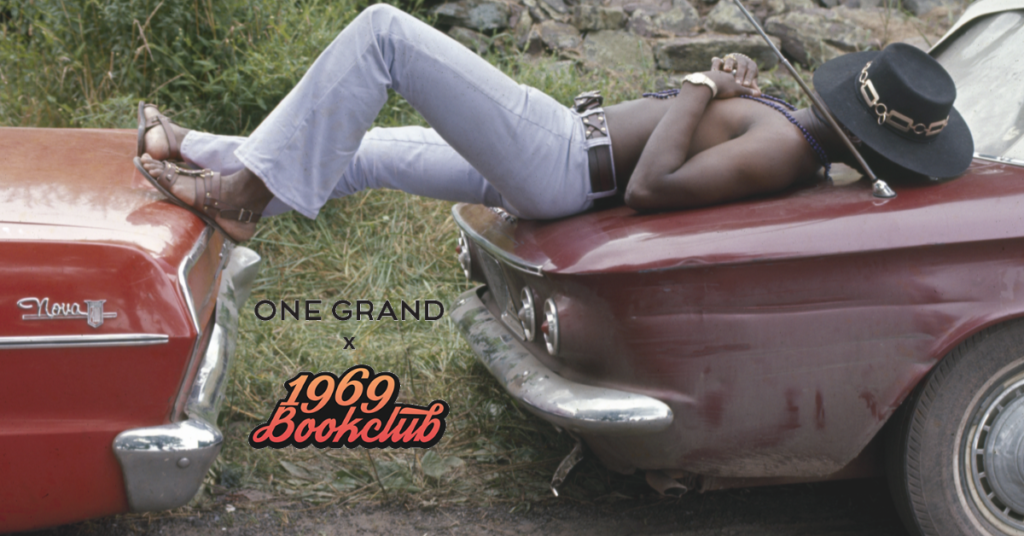Three Very Different Books Connected By a Quest for Identity
The Gooze Fritz, by Sergei Lebedev (New Vessel Press)
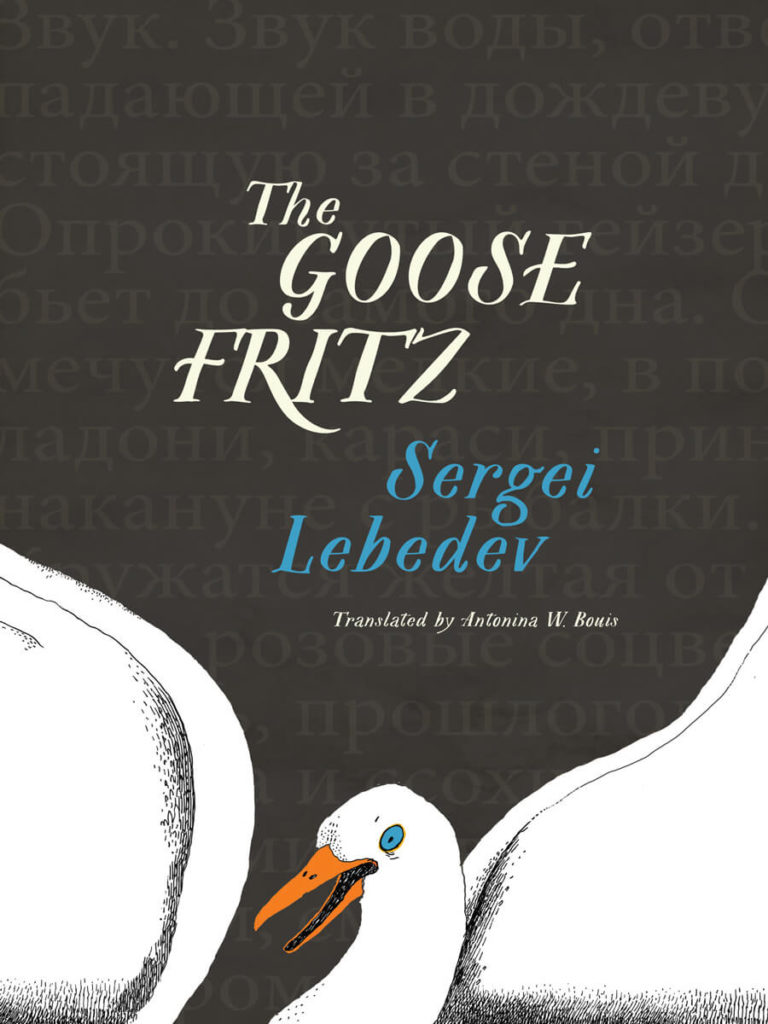 There’s a natural inclination to fill in the missing pieces of our personal narratives. It partially stems from the belief that understanding where you come from, can ultimately shape where you’re going. Such stories allow us to elevate our unknown ancestors to mythical proportions — a missing father can become a war hero, or a grandfather a healing wizard — offering the descendent a chance to create order from chaos and reframe their roots.
There’s a natural inclination to fill in the missing pieces of our personal narratives. It partially stems from the belief that understanding where you come from, can ultimately shape where you’re going. Such stories allow us to elevate our unknown ancestors to mythical proportions — a missing father can become a war hero, or a grandfather a healing wizard — offering the descendent a chance to create order from chaos and reframe their roots.
Kirill, the main character in The Goose Fritz by Sergei Lebedev, doesn’t initially set out to elevate his ancestors, but he does attempt to control his destiny by creating a linear arc of the past. As a child, Kirill was the sole companion of his grandmother Lina, as she took secretive trips to the German cemetery in Moscow. Unquestioning, he accompanies her for years before understanding the family’s German origins. It’s a secret that seems so far removed from the American psyche — a nation of immigrants — yet so apt in a time of increased nationalism.
Read More What We’re Reading in April
Tags: Chris Rush, Nina Revoyr, Sergei Lebedev


